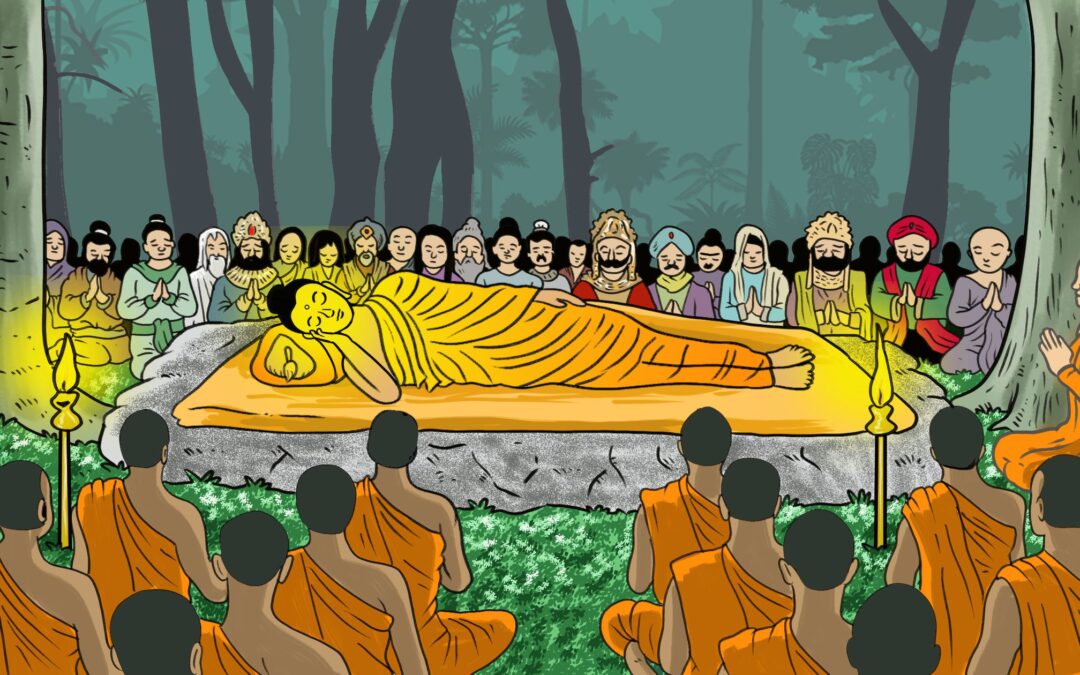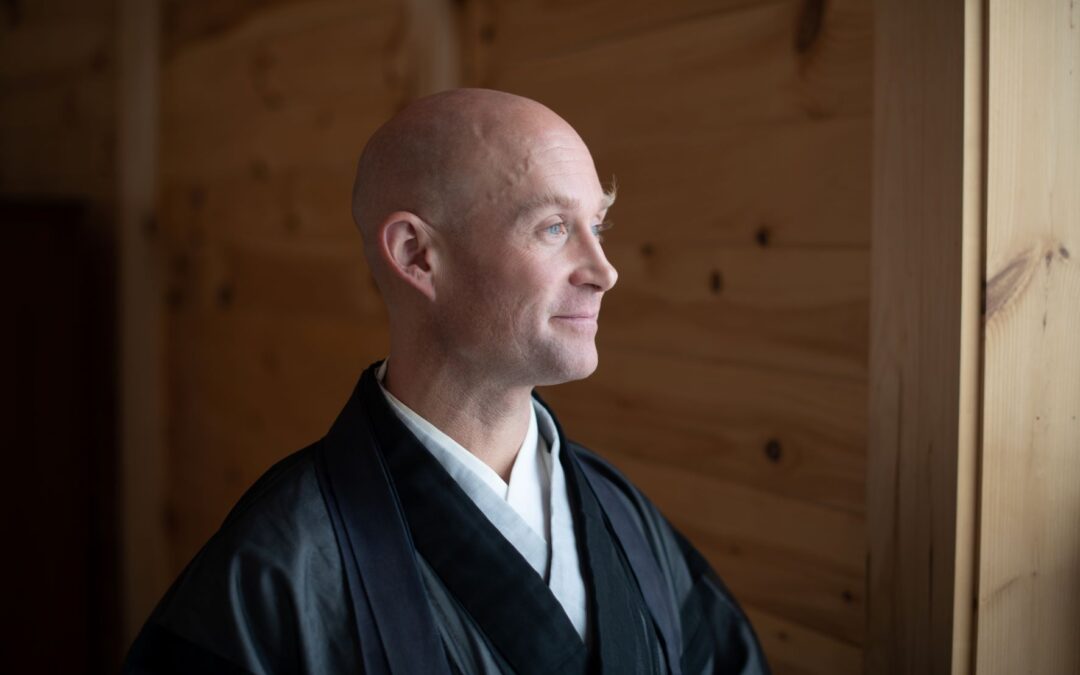
by Chade-Meng Tan | Jun 2, 2024 | Buddhism for All
(Context: Ānanda and Mahā Kassapa’s stories.) Seven days after the Buddha passed, the news reached Mahā Kassapa. He was at that time with a community of five hundred monks not far from Kusinārā. They quickly headed towards Kusinārā. According to the...

by Chade-Meng Tan | May 30, 2024 | Buddhism for All
“Excellent!” (Context: The Buddha’s Passing.) The Buddha taught for about forty-five years. He left a body of teachings so voluminous it can take somebody reciting it full-time many months to do it. Just an initial detailed study of the...

by Chade-Meng Tan | May 28, 2024 | Buddhism for All
Siddhattha became the Buddha at the age of thirty-five. He taught for the next forty-five years or so until he was eighty. At the ripe old age of eighty, he passed away, or more accurately, he entered final nirvana. His last days were documented in...

by Soryu Forall | May 26, 2024 | Buddhism for All
I see Buddhism and science as two ways of approaching wisdom. Buddhism studies suffering and the end of suffering. I would say that any aspect of science that studies this is also Buddhism. In general, however, science studies questions that the Buddha warned us are...

by Chade-Meng Tan | May 23, 2024 | Buddhism for All
While Buddhist civilizations did not give birth to modern science, Buddhism can justifiably be called the “Science of the Mind”, as the Dalai Lama has done. That is because the entirety of one’s Buddhist training can be thought of as repeated applications of the...

by Chade-Meng Tan | May 21, 2024 | Buddhism for All
“We prefer instruments that look deep inside the mind.” (Context: Buddhism’s comfort with modern science.) You may ask, if Buddhism was so comfortable with science, why didn’t they develop the fields of physics or chemistry or biology, and why didn’t...






